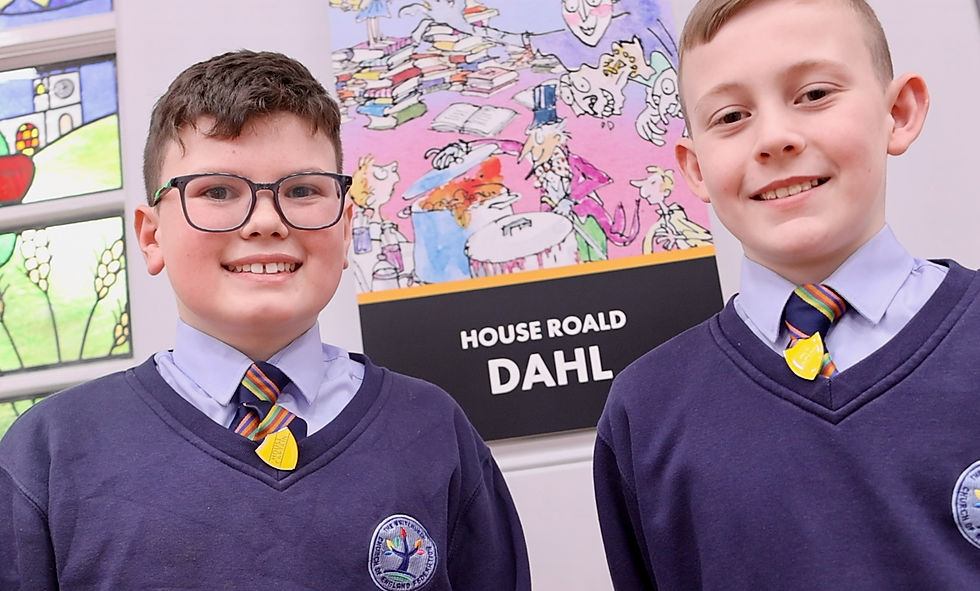
READING
INTENT
At The Whitchurch Church of England Federation, our intent is to give children:
-
Children become fluent readers who can comprehend a variety of age appropriate texts.
-
Children acquire knowledge of vocabulary, grammar and language conventions progressively.
-
Children explain their ideas and understanding of texts clearly.
-
Children develop a love of reading; habitually reading for both pleasure and purpose.
READING KEY KNOWLEDGE
In order to develop children’s reading skills, they are taught key components of reading, with year groups building on prior knowledge. Each year group has objectives that the children work towards to ensure they are making progress in word reading and comprehension.
In English lessons, children read a variety of texts which have cross-curricular links to their current History, Geography or Science topic.
WRITING
INTENT
At The Whitchurch Church of England Federation, our intent is to give children:
-
Children understand the text type, audience and purpose of their writing.
-
Children follow a clear writing sequence: plan, draft, edit and publish.
-
Children clearly explain their ideas and understanding by discussing what they are writing.
-
Children acquire knowledge of vocabulary, grammar and language conventions progressively.
WRITING KEY KNOWLEDGE
DRAMA
Children have drama sessions to embed their understanding of the texts that they are reading in class.
Furthermore, the sessions develop children's self-confidence, language and communication skills, ability to concentrate, and collaboration skills.
POETRY
Children are taught a short poetry unit where each year group learns about two different types of poetry.
Firstly, they read and discuss a variety of poems then write their own applying the key knowledge they have learned from reading them. Finally, children perform their poetry which develops their performance skills: volume, expression, intonation and tone.
WHOLE CLASS READING
Children in Foundation Stage, Key Stage One and Key Stage Two have whole class reading sessions which are built around reading high-quality and challenging texts that are unpicked by the class through high-level questioning and discussion.
Children’s fluency skills are strengthened through repeated oral reading which has been modelled by their teacher. Lessons also include a range of activities that enable pupils to develop their comprehension skills.
ORACY
High levels of oracy are expected from all children across the academy. Spoken language objectives are taught throughout the school to develop children's speech and language skills. Children are exposed to key vocabulary in all lessons and a range of tasks are taught, such as debating, discussion and role play, to improve children's oracy development.
CULTURAL CAPITAL
Cultural Capital is the collection of skills and experiences which children need to help them to thrive in the wider world.
Our English provision aims to give children a range of experiences which will be valuable to them long after leaving our school.
-
Sharing work with an established author via social media.
-
Reading a variety of texts from different cultures, traditions and faiths.
-
Writing about trips and visits they have experienced.
-
Watching performances from local theatre companies at school.
-
Watching live broadcasts from theatre companies.
-
Participating in live Zoom sessions with established authors.
-
Visiting the local library.




In order to develop children's writing skills, they are taught key aspects of writing, with year groups building on prior knowledge.
Each year group has objectives that the children work towards to ensure they are making progress in writing.
Children write a variety of text types, focusing on the audience and purpose of the writing they follow a clear sequence of writing:plan, draft, edit and publish to ensure their writing is the best that it can be.





